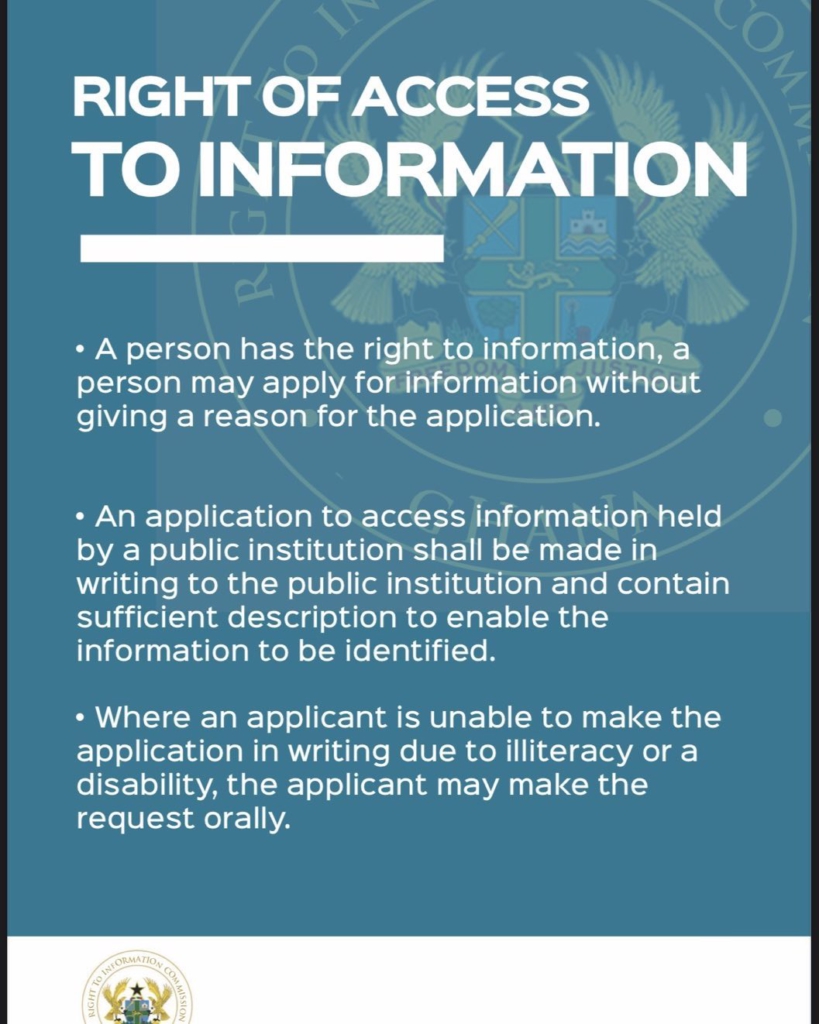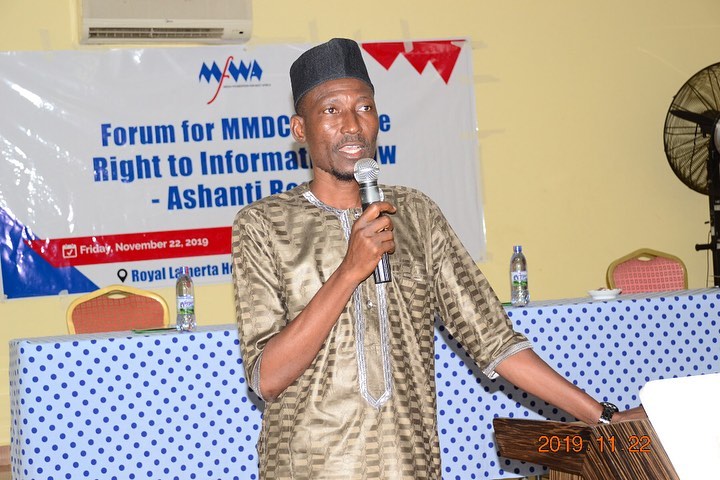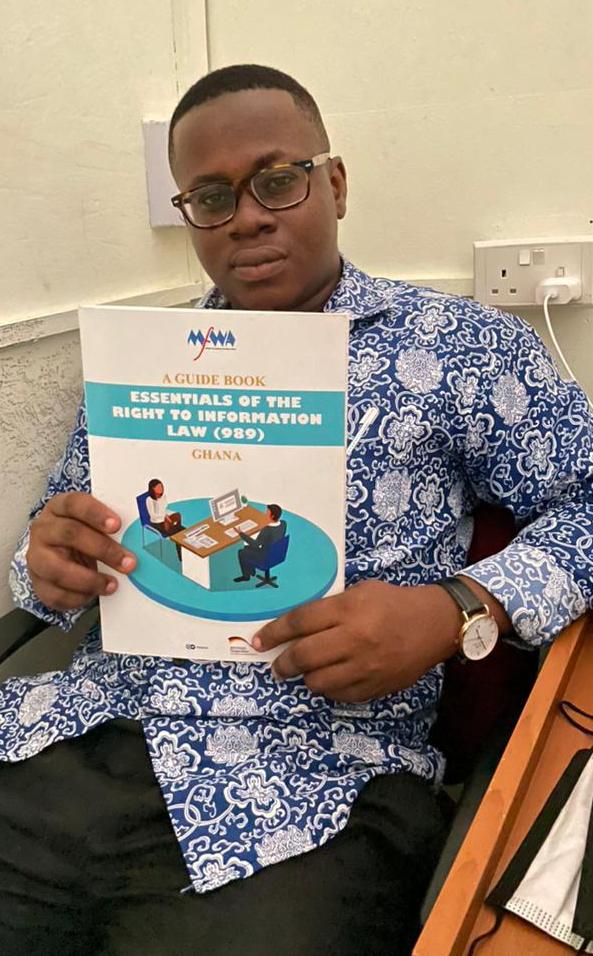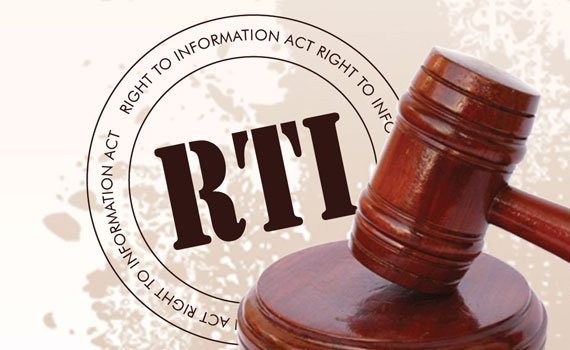A Yawning Army
Persons with an appreciation for action thrillers will always mention how fascinated they were about a particular gun used by a villain or protagonist in the movie.
In most cases, movie critics may even have lengthy conversations debating which gun was most powerful or effective on a battlefield.
What these critics and enthusiasts miss most of the time is an assessment of skills employed by opposing parties in the movie to eliminate one another with these fighting tools.
Clearly, how effective a gun or bullet is on the battlefield is highly dependent on the experience, skill, and understanding of the soldier. It is certain that the best of the world’s missiles in the palms of a novice is only a bold call for disaster. In the case of a soldier with no basic training, it becomes recklessly suicidal!
The glory of every politician, in our part of the world, is the ignorance of the masses. To the politician, education, formal or informal, is the approved remedy to a load of national problems. Once the citizens are educated, trained, and made aware of that which aids their growth, they become as powerful as the thumbprints they place on ballot sheets on Election Day.
With good knowledge of this process, the politician either corrupts the system or provides none at all. An extension of this is what we see at the basic level of education in the nation of Debidebi3b3y3yie. Poor infrastructure, poorly paid and depressed teachers, diversion of educational funds into strange pockets, distorted curricula, and many others.
At the end of the day, the politician sincerely cares less about the damage. The potbellied man in suit and tie, of course, has his children in the land of the colonial masters. What then is his problem?
Unfortunately, the subtle tactic to corrupt or keep hidden anything that educates and empowers the people has been duly fulfilled. We still have a larger illiterate and ignorant population who have no idea of what governs them right from their homes to the streets of Debidebi3b3y3yie.
A look at the overly praised Western world reveals the understanding citizens have of basic laws and an understanding of what to expect and demand from leaders.
The education on things as such out there is a conscious and deliberate process with the sole aim of empowering the people with useful knowledge. Out here in Debidebi3b3y3yie, it is the opposite. Interestingly, we may not want to blame the citizenry. Of what use is accountability, rule of law, and governance literacy to a group of hungry mouths sitting next to the table of the politician to pick the leftovers? Certainly a fruitless effort! Sadly, the media of today supposed to do the needed cleaning has become a junk shop of jokes and yellow journalism.
Loaded Guns
For a score, this country saw a call for the passage of the Right to Information Law. It certainly was a call with opposing views. On the 21st of May, 2019, the RTI Bill was assented into law by President Akufo-Addo after the serial campaign for its fruition.
For many, access as such only made governments vulnerable to unforeseen situations that could be unhealthy for all. For others, it was the right supplementary diet for Article 21 clause 1 (f) of Chapter 5 of the 1992 Constitution of Ghana which provided that ‘all persons shall have the right to information, subject to such qualifications and laws as are necessary for a democratic state’.

A look at the provision of this mentioned clause expressly reveals that the whole debate about the essence of the RTI law may not even have been loud enough if we had governments that had a proactive posture in the disclosure of information. Unfortunately, it has not been so even till date. The posture in public information is always a reactive one. State office holders will always want to see a hard or soft push from the media or their respective publics before they let out information through media conferences, media soirees and other ceremonial platforms.
What must be understood, however, is that the citizens of the country have every right to know what their resources are used for by the very people they hand power to for the purposes of leadership and governance. Public information should not be seen as some charity work to the masses. It must be well established that state information is for public consumption and knowledge unless in cases where it may threaten National Security, Public Health and few others as outlined in the fifth chapter of the RTI Law.
For some media advocates, the provisions of Article 21 (1) (f) are enough to grant us access to information of every form without necessarily engaging a law purposely made for it. It must however be noted that beyond the provisions of the said clause, the RTI Law provides the procedures, terms and conditions for the request and access to information. It even defines steps to follow in cases where the requestor is not satisfied with the information given. In the third chapter, under the Access to Official Information, it even makes provision for the release of information within 48 hours if that information is needed to guard the life or liberty of an individual. It clearly defines information that is subject to the qualifications and laws of a democratic state. We may be right in predicting that without these clearly outlined provisions, the politician may have found ways to always define what is qualified and what is not to his best interest.
As clearly defined, the RTI Law comes in as an essential tool to combat the overly secretive nature of some state institutions as a protective clothing for some corrupt practices in there. It however comes with its challenges.
The Wahala

It is a year and a half already after the RTI Law was implemented. As powerful as it appears to the media advocate and activist, critics still see a problem with the provisions of the law. The RTI Law exempts close to twelve classifications of information. These include public safety, harm tests, national security, parliamentary privileges, international relations and others. For many, the list of exclusions is a long one except for some that are surely in and for public interest. That is surely a detailed review for another day.
It must be noted, interestingly, that the same chapter of exempt information places a limitation on its disclosure. It provides that any information deemed as exempt can be made available after thirty years of being in existence unless its release may still pose a threat to public safety, national security or the life of any individual.
Another challenge down the 18-month journey is the putting up of structures to ensure an effective implementation. Ordinarily, each state institution or agency is to have an information officer purposely placed there to ensure a smooth run of requests, processes and access. Much of that has however not been seen. In fact, most state institutions have zero knowledge of what this law details and requires of them. Regardless of a challenge as such, an individual may still apply to request for information from the institute. The requestor may direct the application to the head of the institution if he or she is displeased with the response given after 14 days.
Time to Train and Shoot

What is needed now is mass education on the law. As equal as the law seeks to make everyone before it, the RTI Law excludes no one from passing a request for information. Literate or illiterate, poor or rich, in power or opposition, educated or uneducated, the provisions outlined in the legal document allow every individual to enjoy the right to public information as earlier confirmed in Article 21 clause 1 (f) of the 1992 Constitution of Ghana. As enshrined in Article 162 clause 5 of the chapter 12 of the 1992 Constitution, the media has every right to hold the government of Ghana accountable and responsible to the people of Ghana.

With this established, it is important to come out of the fruitless practice of yellow journalism continually characterized by news of faked scandals, celebratisation, tabloidization and jokes, and uphold its first mandate of being an advocate and activist of what is needful to the growth of society. Currently, the Media Foundation for West Africa (MFWA) is on a campaign to train and educate journalists, public and civil servants on the essence of the RTI Law.
Civil Society Organizations, media communicators, practitioners, and managers must make it a deliberate effort to use a part of their space and airtime to sensitize audiences on this particular law and all other laws in general. The time for slumber and sleep is over!
***
The writer, is a training Public Relations Practitioner, a law geek, and a media activist. He is also a former SRC Vice President of the Ghana Institute of Journalism. He currently works as a teaching assistant at the institute.
Latest Stories
-
Beating Messi’s Inter Miami to MLS Cup is feels amazing – Joseph Paintsil
12 minutes -
NDC administration will reverse all ‘last-minute’ gov’t employee promotions – Asiedu Nketiah
23 minutes -
Kudus sights ‘authority and kingship’ for elephant stool celebration
24 minutes -
We’ll embrace cutting-edge technologies to address emerging healthcare needs – Prof. Antwi-Kusi
57 minutes -
Nana Aba Anamoah, Cwesi Oteng to attend Philip Nai and Friends’ charity event
1 hour -
Environmental protection officers receive training on how to tackle climate change
1 hour -
CLOGSAG vows to resist partisan appointments in Civil, Local Government Service
2 hours -
Peasant Farmers Association welcomes Mahama’s move to rename Agric Ministry
2 hours -
NDC grateful to chiefs, people of Bono Region -Asiedu Nketia
2 hours -
Ban on smoking in public: FDA engages food service establishments on compliance
2 hours -
Mahama’s administration to consider opening Ghana’s Mission in Budapest
2 hours -
GEPA commits to building robust systems that empower MSMEs
2 hours -
Twifo Atti-Morkwa poultry farmers in distress due to high cost of feed
2 hours -
Central Region PURC assures residents of constant water, power supply during yuletide
2 hours -
Election victory not licence to misbehave – Police to youth
2 hours

